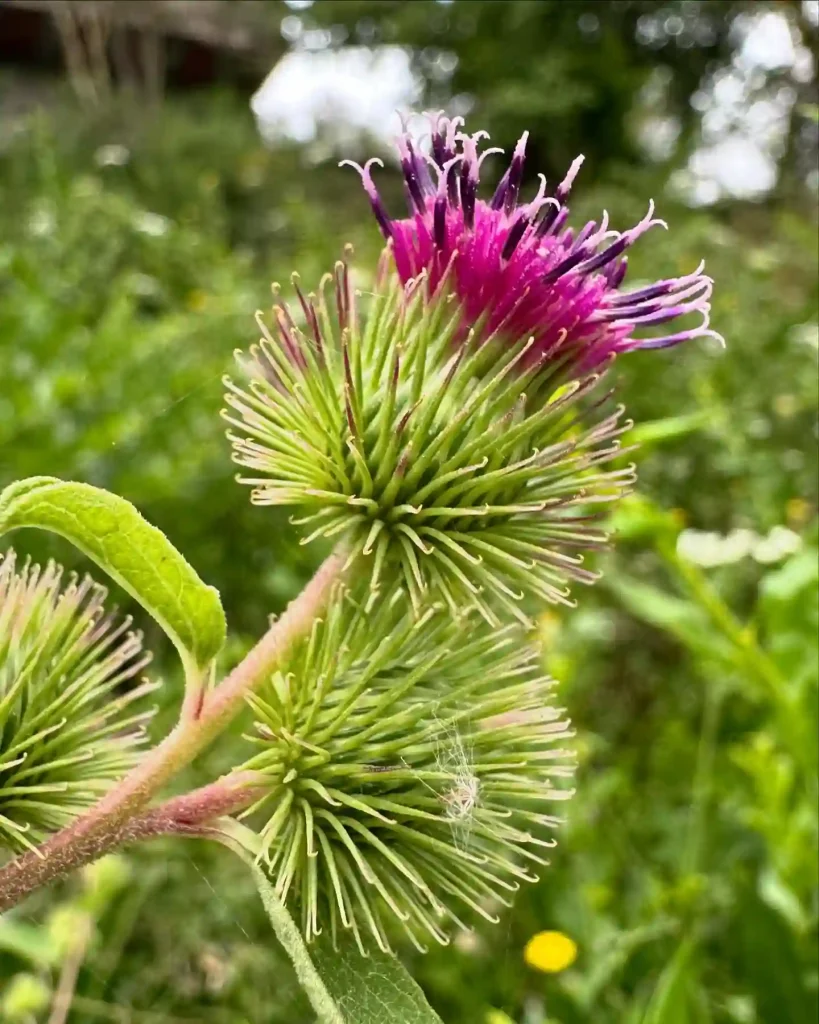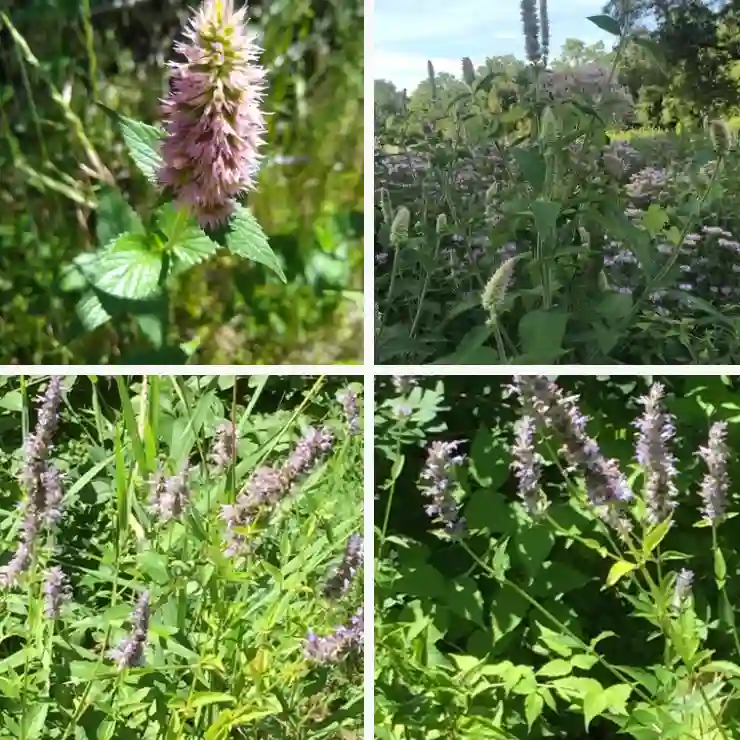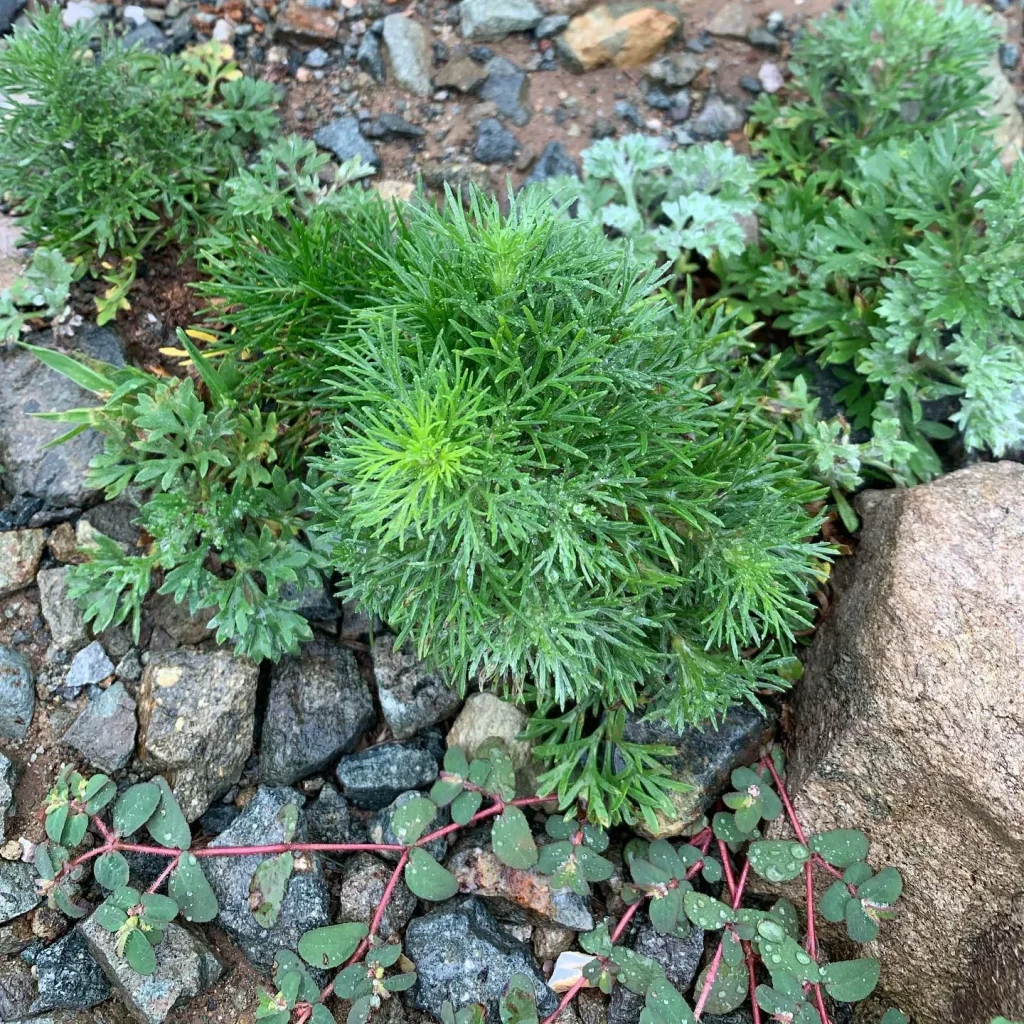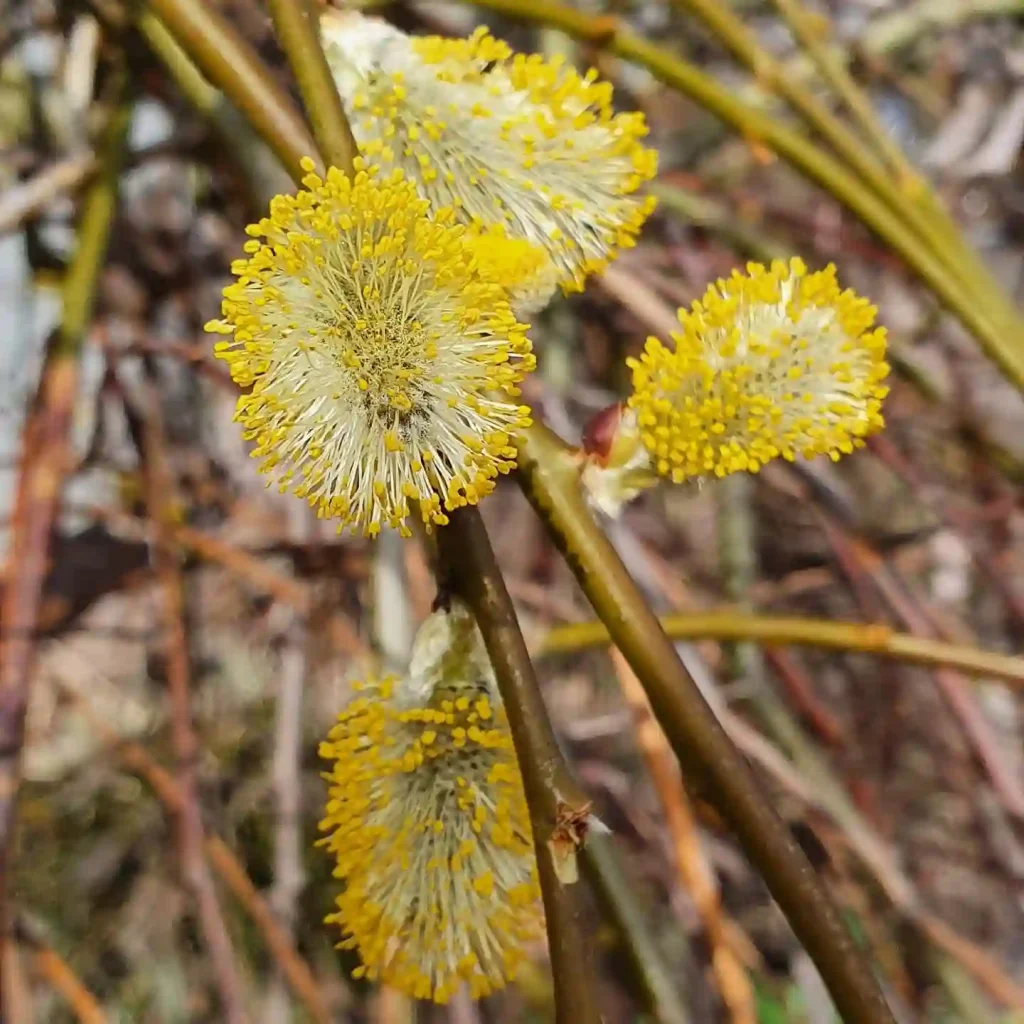A Grapevine’s Tale: Exploring the Genus Vitis
My name is Ferb Vu, and I’ve always been fascinated by the intricate world of plants. Among the countless genera that grace our planet, one stands out to me for its rich history, economic significance, and sheer diversity: Vitis, the genus of grapes.
From the luscious table grapes we enjoy as snacks to the complex flavors infused in our favorite wines, Vitis has undeniably shaped human civilization. But there’s much more to this genus than meets the eye. Join me as we delve into the fascinating world of Vitis, exploring its diverse species and the unique characteristics that make it so special.
The Grapevine Family: A Closer Look
Vitis, a member of the Vitaceae family, encompasses a vast array of vining plants primarily found in the Northern Hemisphere. These climbing or trailing woody vines are characterized by their tendrils, which allow them to cling to supporting structures, and their distinctive leaves, which vary in shape and size depending on the species.
The defining feature of Vitis, of course, is its fruit: the grape. These berries, typically occurring in clusters, come in a spectrum of colors, from the deep purple of Cabernet Sauvignon grapes to the vibrant green of Thompson Seedless. This diversity in fruit color, size, and flavor is a testament to the vast genetic variation within the genus.
A World of Grapes: Species within Vitis
The genus Vitis is home to a remarkable number of species, each with its own unique characteristics and adaptations:
- Vitis acerifolia Raf.
- Vitis aestivalis Michx. Plant FAQs: Vitis Aestivalis
- Vitis amoena Z.H.Chen, Feng Chen & W.Y.Xie
- Vitis amurensis Rupr. Plant FAQs: Vitis Amurensis – Amur Grape
- Vitis arizonica Engelm. Plant FAQs: Vitis Arizonica – Canyon Grape
- Vitis baihuashanensis M.S.Kang & D.Z.Lu
- Vitis balansana Planch.
- Vitis bashanica P.C.He
- Vitis bellula (Rehder) W.T.Wang
- Vitis berlandieri Planch.
- Vitis betulifolia Diels & Gilg
- Vitis biformis Rose
- Vitis blancoi Munson
- Vitis bloodworthiana Comeaux
- Vitis bourgaeana Planch.
- Vitis bryoniifolia Bunge
- Vitis californica Benth. Plant FAQs: Vitis Californica
- Vitis × champinii Planch.
- Vitis chunganensis Hu
- Vitis chungii F.P.Metcalf
- Vitis cinerea (Engelm.) Millardet Plant FAQs: Vitis Cinerea – Graybark Grape
- Vitis coignetiae Pulliat ex Planch.
- Vitis davidii (Rom.Caill.) Foëx
- Vitis × doaniana Munson ex Viala
- Vitis erythrophylla W.T.Wang
- Vitis fengqinensis C.L.Li
- Vitis ficifolia Bunge
- Vitis flavicosta Mickel & Beitel
- Vitis flexuosa Thunb.
- Vitis girdiana Munson
- Vitis hancockii Hance
- Vitis heyneana Schult.
- Vitis hissarica Vassilcz.
- Vitis hui W.C.Cheng
- Vitis jaegeriana Comeaux
- Vitis jinggangensis W.T.Wang
- Vitis jinzhainensis X.S.Shen
- Vitis kaihuaica Z.H.Chen, Feng Chen & W.Y.Xie
- Vitis kiusiana Momiy.
- Vitis labrusca L. Plant FAQs: Vitis Labrusca – Concord Grape
- Vitis lanceolatifoliosa C.L.Li
- Vitis longquanensis P.L.Chiu
- Vitis luochengensis W.T.Wang
- Vitis menghaiensis C.L.Li
- Vitis mengziensis C.L.Li
- Vitis metziana Miq.
- Vitis monticola Buckley
- Vitis mustangensis Buckley
- Vitis nesbittiana Comeaux
- Vitis × novae-angliae Fernald
- Vitis novogranatensis Moldenke
- Vitis nuristanica Vassilcz.
- Vitis palmata Vahl
- Vitis pedicellata M.A.Lawson
- Vitis peninsularis M.E.Jones
- Vitis piasezkii Maxim.
- Vitis pilosonervia F.P.Metcalf
- Vitis popenoei J.L.Fennell
- Vitis pseudoreticulata W.T.Wang
- Vitis qinlingensis P.C.He
- Vitis retordii Rom.Caill. ex Planch.
- Vitis riparia Michx.
- Vitis romanetii Rom.Caill.
- Vitis rotundifolia Michx.
- Vitis rupestris Scheele
- Vitis ruyuanensis C.L.Li
- Vitis saccharifera Makino
- Vitis shenxiensis C.L.Li
- Vitis shizishanensis Z.Y.Ma, J.Wen, Q.Fu & X.Q.Liu
- Vitis shuttleworthii House
- Vitis silvestrii Pamp.
- Vitis sinocinerea W.T.Wang
- Vitis sinoternata W.T.Wang
- Vitis tiliifolia Humb. & Bonpl. ex Schult.
- Vitis tsoi Merr.
- Vitis vinifera L. Plant FAQs: Ugni Blanc Grape – Vitis Vinifera
- Vitis vulpina L.
- Vitis wenchowensis C.Ling
- Vitis wenxianensis W.T.Wang
- Vitis wilsoniae H.J.Veitch
- Vitis wuhanensis C.L.Li
- Vitis xunyangensis P.C.He
- Vitis yunnanensis C.L.Li
- Vitis zhejiang-adstricta P.L.Chiu
Beyond the Berry: The Importance of Vitis
While grapes are undeniably the star of the show, the importance of Vitis extends far beyond its delicious fruit. Grapevines play a crucial role in various ecosystems, providing food and shelter for a wide range of animals. Their leaves serve as a food source for insects, while their fruit attracts birds and mammals.
Moreover, Vitis has significant economic importance. The global wine industry, fueled by Vitis vinifera, is a multi-billion dollar market. Table grapes and raisins also contribute significantly to the agricultural sector. Beyond their culinary uses, grape extracts are used in cosmetics and pharmaceuticals, highlighting the versatility of this remarkable genus.
The Future of Vitis: Conservation and Cultivation
As with many plant species, Vitis faces challenges due to habitat loss, climate change, and disease outbreaks. Conservation efforts are crucial to preserve the genetic diversity of this genus and ensure its continued contribution to our planet.
Researchers are actively working to understand the complex genetics of Vitis, aiming to develop disease-resistant and climate-resilient cultivars. This research is vital for the future of grape cultivation, ensuring that we can continue to enjoy the fruits of this remarkable genus for generations to come.
A Personal Connection: My Fascination with Vitis
My interest in Vitis stems from a deep appreciation for the intricate connections between plants and humans. The story of Vitis is intertwined with our own, shaping our history, culture, and economy. From the ancient Egyptians who cultivated grapes for wine to the modern-day scientists working to unlock the secrets of its genome, humans have long been captivated by this remarkable genus.
As I continue to explore the world of Vitis, I’m constantly amazed by its diversity and resilience. Whether I’m savoring a glass of fine wine, enjoying a handful of fresh grapes, or simply admiring the intricate patterns of a grapevine’s leaves, I’m reminded of the profound impact this genus has had on our world.
In the grand tapestry of life, Vitis holds a special place, a testament to the beauty, diversity, and resilience of the natural world.
If i die, water my plants!



